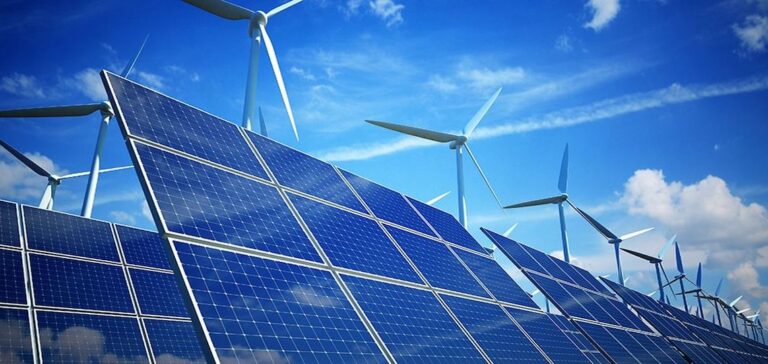According to theInternational Energy Agency (IEA), the energy transition must accelerate if we are to meet our global targets of reducing net emissions to zero by 2050. Progress in certain technologies, such as photovoltaic solar panels and electric cars, shows what can be achieved with sufficient ambition and political action. Electric car sales hit a record high of over 10 million in 2022, and renewable electricity capacity saw its biggest ever increase. Investment in clean energy has also reached a record $1.6 trillion by 2022.
Tracking Clean Energy Progress 2023: Global challenges and solutions
However, the transition to clean energy is progressing at different speeds in different regions and sectors. Nearly 95% of global electric car sales in 2022 will take place in China, the USA and Europe. Stronger international cooperation is needed to extend the progress made to emerging and developing regions. Although progress has been made in areas such as power generation and passenger cars, rapid innovation is needed to develop clean technologies in sectors such as heavy industry and long-distance transport.
The 2023 update of the IEA’s “Tracking Clean Energy Progress” assesses progress towards carbon neutrality by 2050. Progress has been made in areas such as batteries for electric vehicles, photovoltaic solar energy and the building sector. However, the majority of the energy system’s components are not yet on track to achieve carbon neutrality. Political support and increased investment are needed in all regions and for a wide range of technologies to enable a faster transition to clean energy.
Tracking Clean Energy Progress: Crucial Innovation for Rapid Energy Transition
The IEA also stresses the importance of continuous innovation in the development of clean technologies. Breakthroughs have been made in areas such as sodium-ion batteries, solid oxide electrolyzers and carbon capture. However, further efforts are needed to bring low-emission technologies to market in sectors such as aluminum refining and cement manufacturing.
Although progress has been made in the transition to clean energy, stronger action is needed to meet global targets for reducing net emissions to zero by 2050. Political support, increased investment and continued innovation are essential to accelerate the transition to clean energy and keep the goal of carbon neutrality within reach.






















